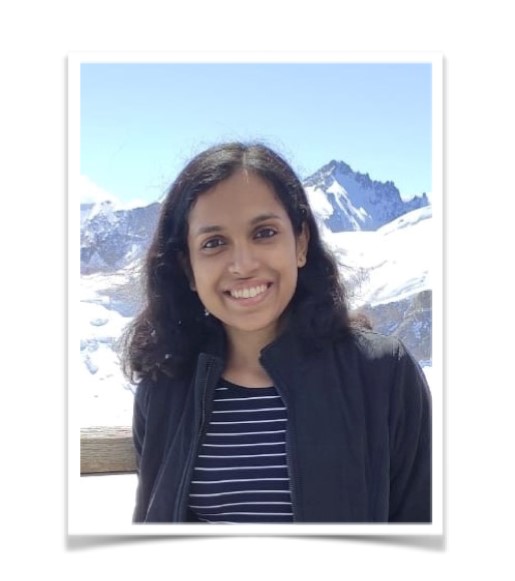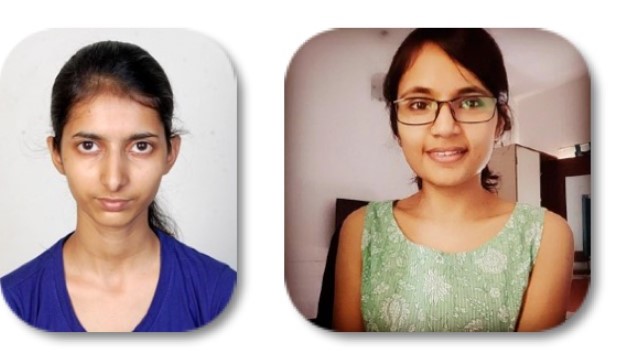

Meet the Glorious Women of Indian Astronomy
An interview with Sayantani Bera, postdoctoral researcher at the Inter-University Centre for Astronomy & Astrophysics, Pune, India.
Reportage by Kanchan Soni & Deepali Agarwal
What drove you to pursue Astrophysics as a research career?
As a kid, I always liked watching the night sky full of stars as any other kid would. I still do. I remember being mesmerized over and over again by the fact that the tiny dots in the sky are so far away yet so bright and energetic that we can see them with naked eyes. The famous book by Stephen Hawking also played a great role in inclining my thoughts towards the subject. But the first time I seriously realized that this is the field I would want to know more about and pursue a career in was when I took an extensive course on the topic during my M.Sc. The drive was not felt overnight, but a gradual realization the more I studied the subject.
What hardships did you go through while being in your field?
Honestly, I did not have to go through any hardships as such while being in this field. In general, I found people in this community very accommodating and respectful towards each other. I have always got full support from my family, mentors, colleagues, both academically and non-academically. But I realize that many do not share this privilege, especially students who hail from rural India might not always get the resources and exposure to the field.
Could you list out the achievements in the course of research?
The main focus of my research is Cosmology, which is understanding the basic contents of the Universe and how their interactions affect the evolution of the Universe. I make use of the Gravitational Waves observations among other resources. I think the main achievement in the course of my research career has been to be able to think independently, and learn new skills while tackling challenging problems. It feels special when you are actually able to contribute something to the progress of the field and the scientific community recognizes the merit of your work.
Apart from research, what hobbies do you share?
Apart from physics and research, I spend my time doing music. I have been learning Hindustani classical on and off for many years since my childhood. Of late, I have been trying my hands at playing different instruments. I also love reading interesting stuff, literary or non-literary. I do watch movies occasionally, mostly science fiction and crime thrillers.
As a member of the LIGO-India collaboration, how would you like to contribute to the Science community?
As scientists, we always aim towards contributing something original and valuable to the field of research. The LIGO-India is soon expected to join the global detector network. As a member of the LIGO-India collaboration, I wish to take part in the global search for gravitational waves and hopefully be able to contribute something valuable. Since my main strengths are theory and computation, I would like to focus on these aspects within the collaboration. Public outreach efforts are also something I look forward to.
What are your thoughts on Women in STEM (Science, Technology, Engineering & Mathematics)?
I think being a woman in STEM is challenging where one might face direct or indirect oppositions from different sets of people. Highly achieving women in STEM are perceived differently than their male counterparts, because women are not 'expected' to be good at Mathematics and Technology. Many female students are discouraged from taking some particular science or engineering subjects because they are perceived as 'too fragile' (physically or mentally) and hence incompetent. I feel this is one of the reasons we see less and less number of women in these fields as we go higher up the rung. But the positive side is that the scenario is gradually changing. We have so many wonderful women scientists working globally now, and they are contributing significantly to their respective fields of research. People are taking their works seriously for their merit and value. The more we highlight these stories, the more confidence and courage can be inculcated in the future generation. We need more women, bright and hard working, in STEM.

Deepali (L) and Kanchan (R) are doctoral students at the Inter-University Centre for Astronomy and Astrophysics, Pune, India
